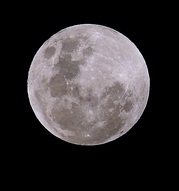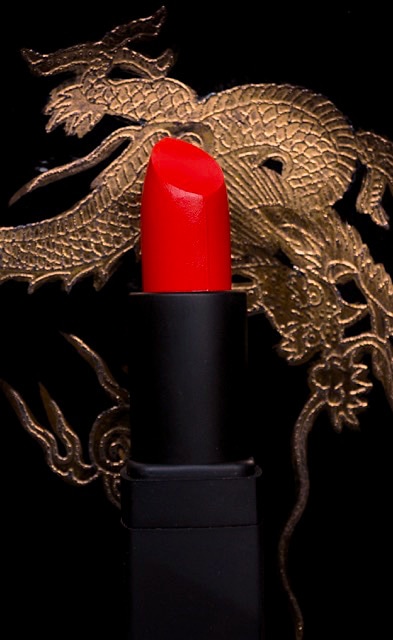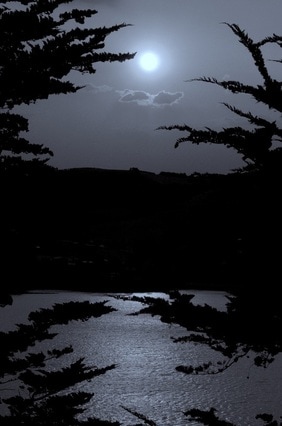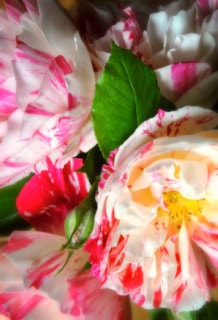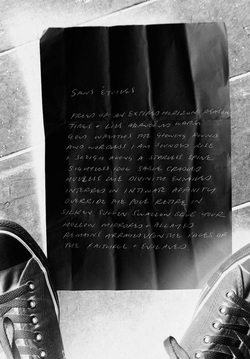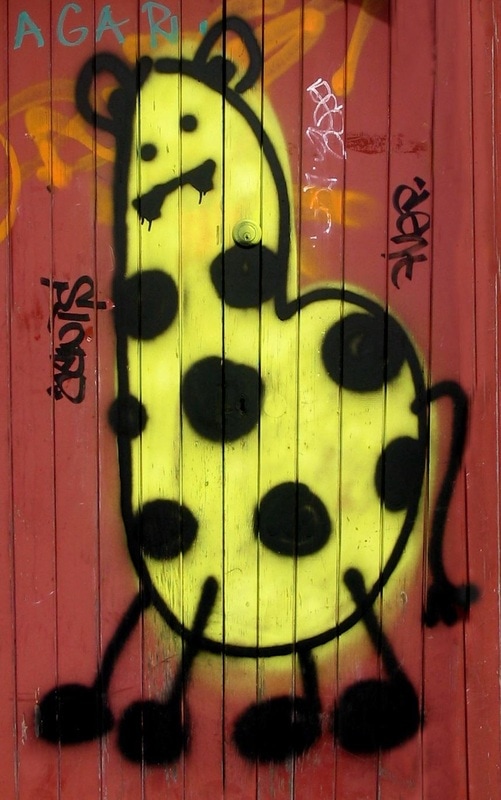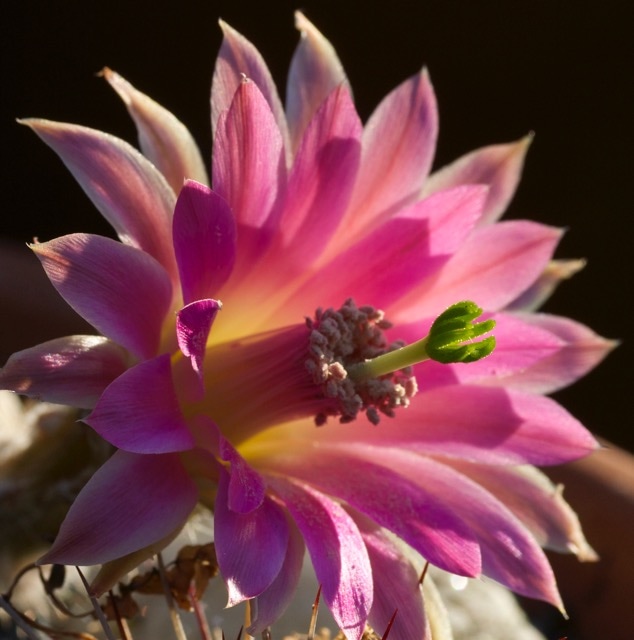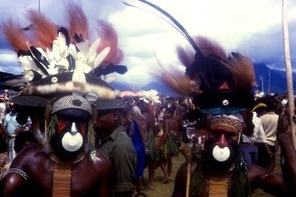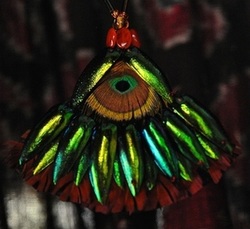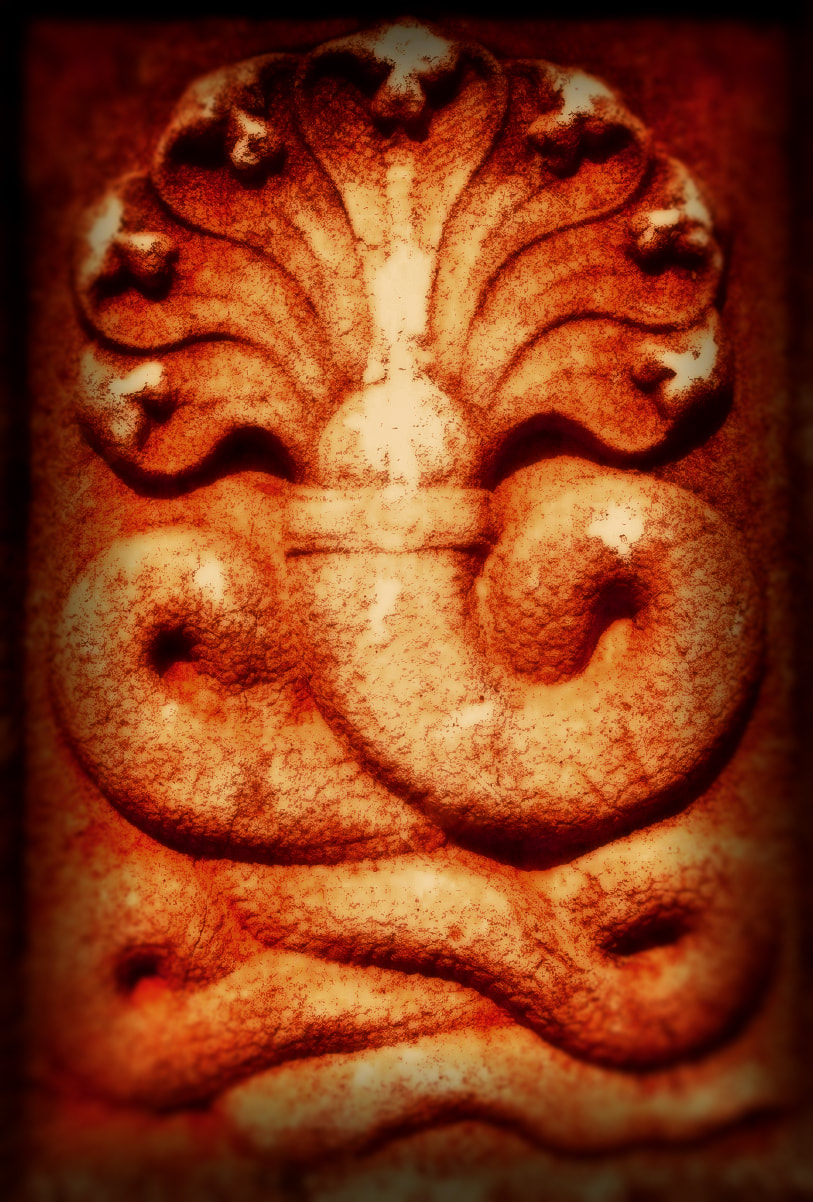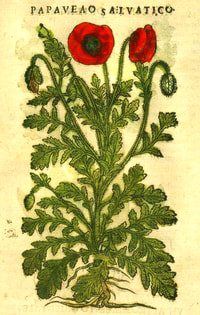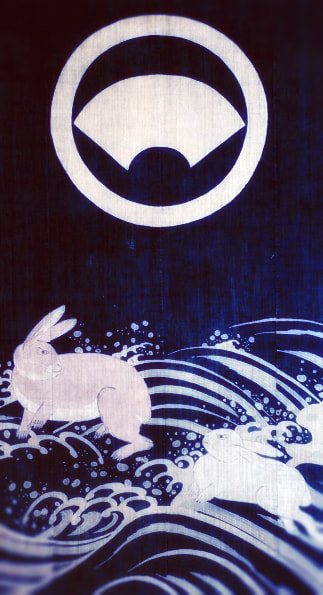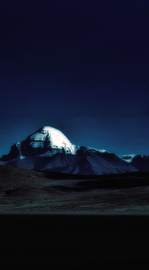
She gained the summit of the rise and was confronted by the object of her journey. Two score figures clad in wind-worn, cinder-coloured homespun employed the shelter of the hill to assort the grim tools of their trade in preparation for winter, discarding those stolen knives and short bronze swords that had dulled and retaining those fit for the campaign that would resume in spring. Such were the sole conveniences claimed by the bai'issātva; neither hearth, nor tents nor even slaves enlivened their bivouac, all such considerations superfluous to their dour mandate. The dust ground from the mountains by their heavy robes of ice had settled impartially upon them, conspiring with their unvarying stature and aspect so they seemed a raft of sullen corvids grounded by the very misfortune they embodied. A length of horsehair line, strung across the hollow between pikes, sagged under gruesome, flapping festoons of sunbleached brown and shining black, scalps stripped from the heads of their victims. Nyāti was grateful that the scudding wind took their smell toward the west.
Loot from overtaken caravans and campsites lay in disarray upon the ground; robes and bales of silk, items of virtu and adornment contrived from polished turquoise, ivory and brand-like corals, the dowery silver so favoured by the doyennes of her own high order, small chests of precious woods and banded agate vials of scent beguiled from flowers that bloomed beyond the mountains to the rumoured south. With her betters she would select those items most suited to sacerdotal dignity, the bai'issātva themselves being wholly ignorant of such criteria. She could discern those newly consigned by the ire still brightening their gazes, the veterans having given themselves over to the conduct expected of them in triturating perpetuity, wearing disgrace as they did the dust of the plain. They were wary of the crocus-yellow shroud she wore as mufti over the snowy robes of her rank.
“I am come for Kala'amātya.” she informed them; they spoke amongst themselves in the glances that were their silent argot until one of the elders lifted a directing hand.
A string of horses stood drinking from the dark edge of the lake. The moon had risen, vast and blindly white and rolling on the low waves toward the shore. Kala'amātya swept a felt over the back of one of his mounts and tied it fast. The rude habiliment that sufficed his companions smoked upon the fire he had kindled for the comfort of his horses; he had bathed in the lake, tied his hair and donned a blue silk tunic purloined from the nomads he had executed. Alongside those weapons he had stowed the luxuries looted during the sorties under his direction lay bound in four neat bundles, readied for the backs of his animal train and not the discretion of the Sthali'sātva, so profound a transgression that she could not recall its punishment. That he was not preparing for removal to the furthest station of his corps' orbit was obvious, even to her assaulted sensibilities.
“You do not go north?” she asked.
“You do not keep avai’sha?” he replied over his shoulder, in reference to the robe concealing the compulsory garb of her order. She looked over the horses.
“Why do you imprison these beasts when it is against the first words of the Mother?”
He enjoined the equine contingent to stay close to the fire before turning finally toward her.
“It is my evil nature.” His mood admitted no further equivocation.
“Ana'siām'ilye requires that you walk with me.”
“Tomorrow I ride for a day in one direction and then two weeks in another.” Kala'amātya muttered before she could elaborate. "I walk nowhere tonight."
"You go to speak with Sachiin before the snow..." She watched him reserve his glance from her, though she could see well that her knowledge of the rendezvous surprised him.
“Ana'siām'ilye has two good legs of her own.”
“Why should she trouble them on your account?”
“Why should I trouble mine on hers?”
She lifted her hands to the white-daubed hair at her temples.
“Come with me, or do not.” At his silence, she turned into the wind and wound the yellow scarf around her head, departing over the rise that sheltered his encampment.
Nyāti was forced to look back more than once to reassure herself that Kala'amātya had indeed set out after her, though whether he satisfied curiosity or some other perverse precept was as obscure as his distant person. The moon climbed to its apex and had begun its descent into the west by the time she paused upon a eminence and waited for him.
“If not north, where do you go?” He said nothing, drawing a hand across his nape and turning his head slowly in sympathy with flesh worked hard since the first days of an early spring. “When you meet Sachiin, speak of me to him.” she murmured, reminding him of those ironic debarments preventing her from conversing with his brother while saying nothing on his own lowly account.
The moon met the serrate horizon as they came to a line of abraded cliffs, its dry, fluted, wind-carved divagations an echoing maze for the unwary. As a discreet conduit to the bai'issātvas' northernmost theatre of operation, it had been favoured by the priestesses for millennia despite being haunted by the cackling, esurient shaitani cast down from the mountains. Nyāti led him into a crevice barely wider than his shoulders and far darker than the night outside, their footfalls rasping softly in the sand. It expanded sinuously into a slim ravine, banded walls dimly limned in charcoal grey and violet; at its widest point the sky was glimpsed once more between the overhanging stone, the stars like macula on the black skin of some cosmic archetype. He examined their familiar arrangements in preference to the tall, swathed figure awaiting them beside a boss of sandstone, its textural qualities reiterated in the plain weave of her mantle. The glowing pallor of the robes beneath were scarcely distinguishable from the person of the wearer, their hands transfigured into emblems of her station by the symbols scarred into the backs of their palms. They impressed Kala'amātya blackly, stamped over the earliest of his conscious memories, and he felt himself once more a reviled subject. Nyāti left him to receive instruction from her mentor, spanning the distance between the parties in a sanitary measure, between the sacred and the walking depths of desecration.
“Ana'siām'ilye would know if the foremost among bai'issātva can tell us something of this past season.” she told him.
“I am foremost?” he asked.
Nyāti turned to hear her sovereign’s reply.
“Is it not harmonious that something born to transgress might excel all others in such matters?” she related.
“The rain has failed to the south and east. We have had hard work to clear these southern i'ss’it, even from the driest places. They bring their litters and their animals, and they mean to stay.”
“And it is true that you kill more than you ever have? And though you leave their heads and skins as warning, still more i'ss’it will come as soon as the snows permit?”
“You seem already satisfied of this.”
Nyāti strove to uphold the formality her position required, raising her hand in a careful gesture that regained his attention. Ana'siām'ilye overruled her tact by folding back her veil and looking to him directly, her distaste for the measure related in its execution.
“What would you say of your time as bai'issātva?” she asked.
“No one has ever asked if I did like or dislike anything, and I can offer no opinion.”
His reply seemed to delight her.
“Kala'amātya... was I not wise, to know you for what you were? When you left your mother’s body and lay upon the ground it was your silence, as much as any sign, that apprised me of your nature.” the priestess admitted, watching him receive the news with familiar impassivity. “With all I know of you... and I know more than you imagine... I greatly regret that you would not accept reform... in you, there is so much that is lost to us.” Between them, Nyāti listened with the discretion in which she had been so stringently instructed. “Are you not weary of execration? If you could walk again beside your brother, your mother... be promised to a high-born wife and know her children will regard you as worthy of their mother... if you could be known by the name that you were given, and not that which was hung about your neck... would you not think yourself favoured? Out of my great love for our people, and of harmony, I have chosen our daughter Nyāti as a wife for you. Under her auspices, you will be guided and reconciled.”
Even in his armoured heart her words burned like stone under the summer sun. The sight of Nyāti standing without interceding only intensified his disbelief; though they were the same age, the brilliance of her youth was barely cowled by the austerity required of her.
"You would have me?" he asked her, deeply disquieted, looking back to Ana'siām'ilye's implacable features.
“She would set aside a great deal more than vanity to please us.” the priestess replied on Nyāti's behalf; still the naked elements of the proposal encircled him, no more real for the reiteration.
“I thought my sins as certain as your judgement.”
“Who are we to cherish or abhor an absolute? In entailing your birth so heavily, the Fates were tempering you for a long-intended purpose, merely obscure until now.” From within her robe the priestess drew a piece of fraying bronze silk, roughly cut and tied. She lay the object on the sand, returning her hands to her garments while Nyāti bore the bundle to Kala'amātya, in keeping with his threat to consecration; a smell rose from its depths, a murky, burnt and writhing green assault from which he turned his head. “There are three places where the water rises on the plain. Divide this compound between them.” He glanced down into the fabric and examined the substance for himself. It was shifting and dully farinaceous, molded by the silk then falling open with the movement of his hand beneath it, exhaling another taste of its appalling potency.
“Everything that draws breath lives by these wells.” Kala'amātya reminded them.
“As do these i'ss’it, who will whelm us in the summers counted on a single hand. We could not keep them at bay if we were all to pass our lives in putting them to death. Do this thing… they will not return, and you will be reborn to us.”
Kala'amātya considered the two women with equal emphasis, his wonder at Nyāti's abnegation balanced by the pedagogue's consummate cynicism, its shape reared like a tulpa, faceless and commanded.
"Ana'siām'ilye... if you wish me to poison the wells, ask it of me plainly." he told her. When she demurred, he set the poison at her feet and turned to leave. The elder priestess turned to her remaining companion.
"The Mother smiles on you today, as ever." she promised. "Had you been bound to that worthless, soulless waste of skin, I would have thought us all accursed." She began her slate-black anathema, ensuring he could not depart without its sonorous commencement in his ears. “Anamān, called Kala'amātya, you are nameless and forgotten. Give up your life and on your dead feet walk into the South until you meet the water from which you may not return...”
Nyāti went swiftly after him in her determination that no rash impulse would prevail.
“The poison will find the wells without you...” she whispered at his shoulder, keeping pace with him. “Your family cannot speak to this... it will fall on them as surely as it falls on you.” If her entreaties gave him pause there was no sign of it.
“When you become Sthali'sātva, these things will no longer trouble you.” he told her.
Kala'amātya found his horses watered and in harness by the time he walked back into camp, the neat brown features of his erstwhile partner regarding him from behind a narrow pipe loaded with hashish, her dry white hair tied in a plait over her spotted brow. His train had been redoubled by the ancient bandit's thickly-hirsute camels and piebald dzo, all heavily laden, bells chiming on collars of red leather and woven hair. I’Tiang-na heaved herself onto her feet from the hearth and began to douse it with sand, her few remaining teeth, carefully blackened, emerging with the deep squint that she turned on him.
“Kala'amātya...” she began, taking a contemplative tone. “Should I think now that you have finished with this foolishness?”
He threw a water skin over the neck of his red horse and climbed up into the saddle.
“It has finished with me.” he muttered. “You have water for two days?” She nodded briefly from her own horse. “Take nothing from the wells. I will meet you by the Kali ford.”
She took the pipe from her teeth and leant over the pommel.
“With all this new wisdom, you must have a mind to take a house in Paršvãb for the winter!” she called after him.
C O N T I N U E D N E X T W E E K
© céili o'keefe do not reproduce

 RSS Feed
RSS Feed
